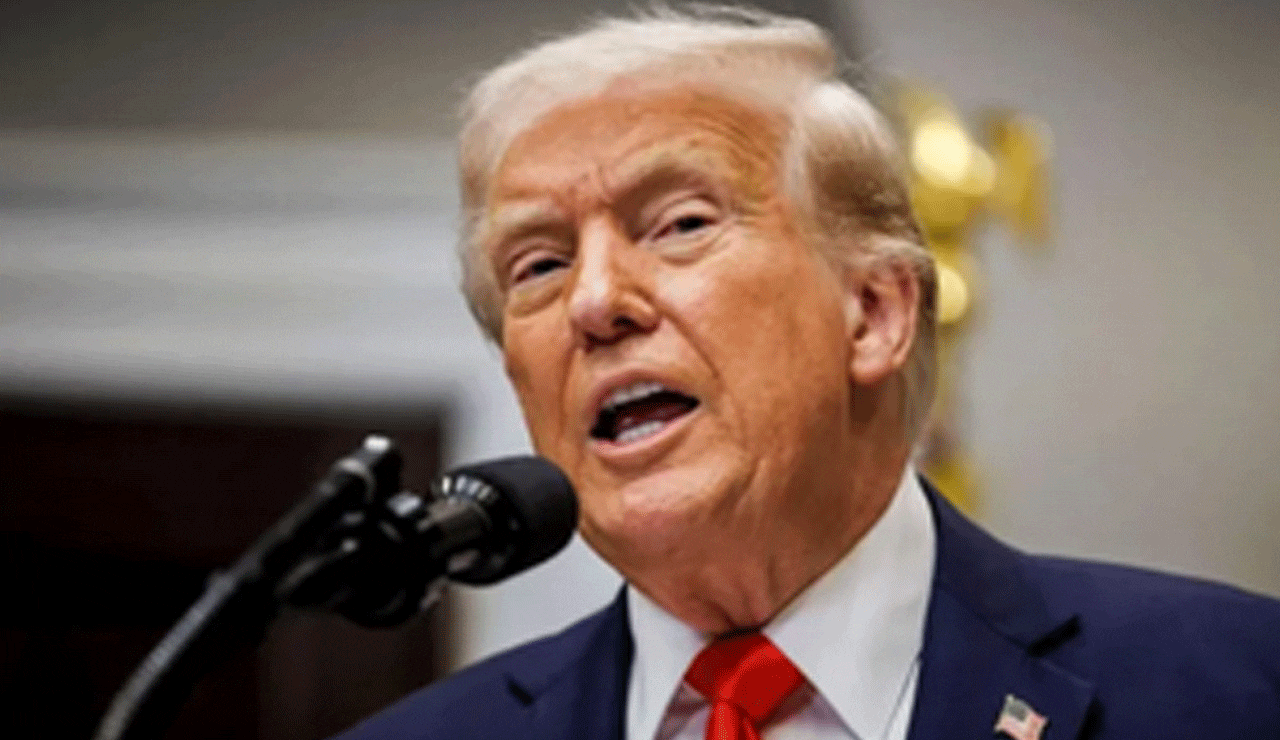Trump Highlights India’s Aadhaar-EPIC Voter ID System in Contrast to US Election Procedures
US President Donald Trump has compared India's robust voter identification system to the more lenient procedures in the United States. Citing India’s requirement for voters to link their Aadhaar card with their Election Photo Identification Card (EPIC), Trump criticized the lack of stringent voter identification laws in the US.

US President Donald Trump has compared India’s robust voter identification system to the more lenient procedures in the United States. Citing India’s requirement for voters to link their Aadhaar card with their Election Photo Identification Card (EPIC), Trump criticized the lack of stringent voter identification laws in the US.
Table of Contents
Trump Calls for Stricter Voter ID Requirements in the US
In a recent order issued on Tuesday, President Trump emphasized the need for voters in federal elections to prove their citizenship. He pointed to India’s method of tying voter identification to a biometric database and highlighted how the US predominantly relies on self-attestation for citizenship verification. Trump criticized this approach, stating that the United States, despite its historical role in promoting self-government, has failed to implement the election integrity measures seen in other countries.
Comparison Between India’s and US Election Systems
Trump’s comparison delves deeper into the differences between the two nations’ election systems. In India, the Election Commission oversees and enforces election laws and integrity nationwide. The linking of Aadhaar with the EPIC, introduced through the Election Laws (Amendment) Act of 2021, aims to strengthen voter identification and prevent fraudulent voting. This system is now being implemented with many voters already completing the process.
Also Read: Houthi Forces Launch Fresh Attacks on US Aircraft Carrier and Israeli Targets
In contrast, the US lacks a national election system. Elections are regulated by individual states, and each state has different rules regarding voter identification, voter registration, and voting methods. The absence of a centralized body similar to India’s Election Commission further complicates the electoral process in the US.
Disparities in Voter ID Laws Across US States
The United States does not have a national identification card, relying instead on drivers’ licenses or Social Security numbers for identification. Some states issue voter ID cards without photos, while others do not issue voter IDs at all. Trump’s order aims to tighten these rules by requiring voters to provide proof of citizenship, such as a passport, to vote.
This order is expected to face legal challenges, as election laws are under the jurisdiction of individual states, not the federal government. California, for example, has a state law that prohibits asking for voter identification, which directly conflicts with Trump’s proposal.
International Comparisons: Voter ID Systems in Germany, Canada, and Brazil
Trump also compared US election practices to those in other nations. He noted that countries like Germany and Canada use paper ballots counted in public, reducing the potential for election disputes. Trump pointed out that Denmark and Sweden limit mail-in voting to those unable to vote in person and do not accept late-arriving ballots.
Additionally, Trump referenced Brazil’s voter ID system, which links national biometric identification to voter IDs, further enhancing election integrity.
Striking a Balance in Election Integrity
While Trump pushes for stricter voter identification laws to prevent election fraud, opposition from Democrats, who argue that such measures may disenfranchise low-income voters, continues. The debate over election security and voting rights remains a key issue in the US, with potential legal battles ahead regarding Trump’s order. As the US grapples with its election system’s challenges, the contrast with India’s more centralized and biometric-driven approach raises important questions about the future of voting rights and election security.
